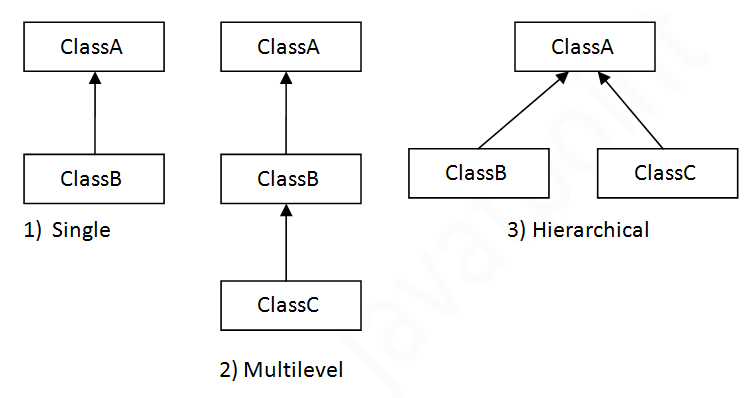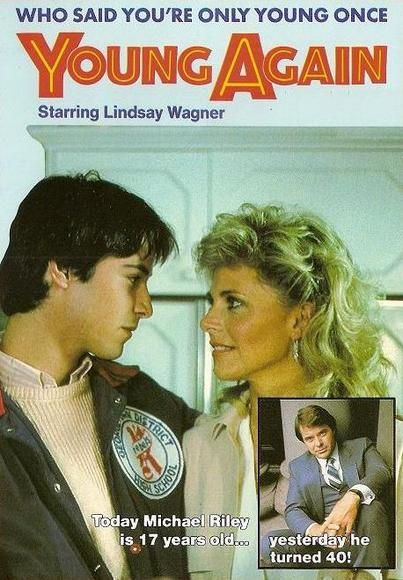When the O-level results are released, it is typically not a good time for JC students because the media machine is subtly trying to play down the option of taking the A-level exams via the JC route. As I read the articles, they seem to have painted a very negative picture of the JC student. A childish imp who still needs to wear a school uniform. Someone who does not know what they want to do but has a parochial vision of what success is like in Singapore. And someone bereft of practical skills.
As I'm only really trying to understand the new education system as I now have a child in secondary school, the best I can do is offer some of the more significant experiences I had in NJC in the 1990s. Some of these experiences are good, but some are bad. Overall, they are exciting experiences I would not trade for anything else.
Even today, when I was feeling down last year, my JC pals from Computer Science got me out for dinner to cheer me up. I even had one JC pal attend my classes last week, whom I had not seen for many years but is a loyal reader of this blog. As most of my clique went separate ways in University, I felt the only issue I had with JC was that it was too short. For folks from NJC, many of us come from neighbourhood schools and saw how an effectively run education institution feels for the first time.
Here are some of my experiences in a nutshell:
a) A fairly uncharismatic guy was running for the JC council, but he had the misfortune of offending the girls from MGS and the convent schools. Because he wore blue pants for the first three months of JC. The ladies hatched a rumour that he loves lying about being an ACS boy. The story worked, and he got the lowest votes in the election, much to our amusement.
b) We had a school band that was much hated because the lead singer threw a throw into the audience. WTF!
c) A schoolmate of mine did not know what smegma was, that cheesy discharge below the folds of his penis. I told him to ask that girl who took biology in her subject combination. And he did.
d) My friend wrote a rant essay arguing that education is destroying the environment because of the amount of paper used. He was sent for counselling by the worried GP tutor, who thought he had finally snapped and dug himself into depression.
e) Someone slipped a science essay full of sexual innuendo into the school magazine, which had to be recalled. Students were reluctant to give up their copies, so teachers had to beg us to do so in class. The teacher in charge of the magazine was in tears.
f) Sex education classes conducted by Mr. Clarke were so hilarious that they were better than some episodes of Monty Python. Unfortunately, he raised the bar for a generation of confused adults by talking about swinging from chandelier to chandelier.
g) A few top GP students decide to play a horrible prank on their GP tutor. They independently invented a Korean philosopher and attributed various quotes to him. Because multiple students did this and Google did not exist to fact-check Park Chun Mong, these guys got away with it.
h) A student trolled Mr. Whitby so hard in class that he told him he said he'd quit and appointed the offending student as GP tutor for the next session. In the next session, Mr Whitby sat down as a student, and the student came prepared to conduct a tutorial session. It ended when the student pointed at Mr. Whitby and said, "Hey, who said you can dye your hair blonde?"
i) I got a bunch of classmates to cheat in a stock market game organised by the Economics Society. We wanted to demonstrate the intellectual superiority of Computer Science students, so we engaged in off-market transactions to consolidate winnings in one championship team - something organizers should have anticipated. There were many complaints, but we knew that the rules did not mention what we did was wrong. Eventually, we were disqualified for insider trading. The ruling needed to be corrected even by today's securities regulations. The president of the club was quite traumatised.
j) I was showing a junior from secondary school on campus when the joker of the senior year walked through the school gate. I told him, "This guy is the funniest guy on campus". At that exact time, that guy scratched his crotch and my junior burst into laughter. He came to NJC the following year.
k) Some of us needed to gain access to JC facilities to participate in a Micromouse competition during the weekend. We climbed over a gate and broke into the college campus to prepare for it. My classmates will commit a crime to win a Micromouse competition.
l) At one point, students were spreading this rumour that a Physics teacher had a vasectomy over the school holidays.
I should remind readers that NJC could have been a cooler place to study in 1991. We were labelled stoners by the CJC and ACJC folks. We even have installed a "Stone Garden" in the old campus. I hear of folks from my batch who experience a much more depressing NJC, one that gives more privileges to minister's children. In practice, though, I enjoyed my JC days as part of a crew of fellow lunatics in an asylum and still am grateful that I still have good friends from those two years.
Though we were hard-working as hell when it came to the crunch. I never experienced that level of kiasuism, dedication and conscientiousness until I went to SMU Law School many decades later.





















